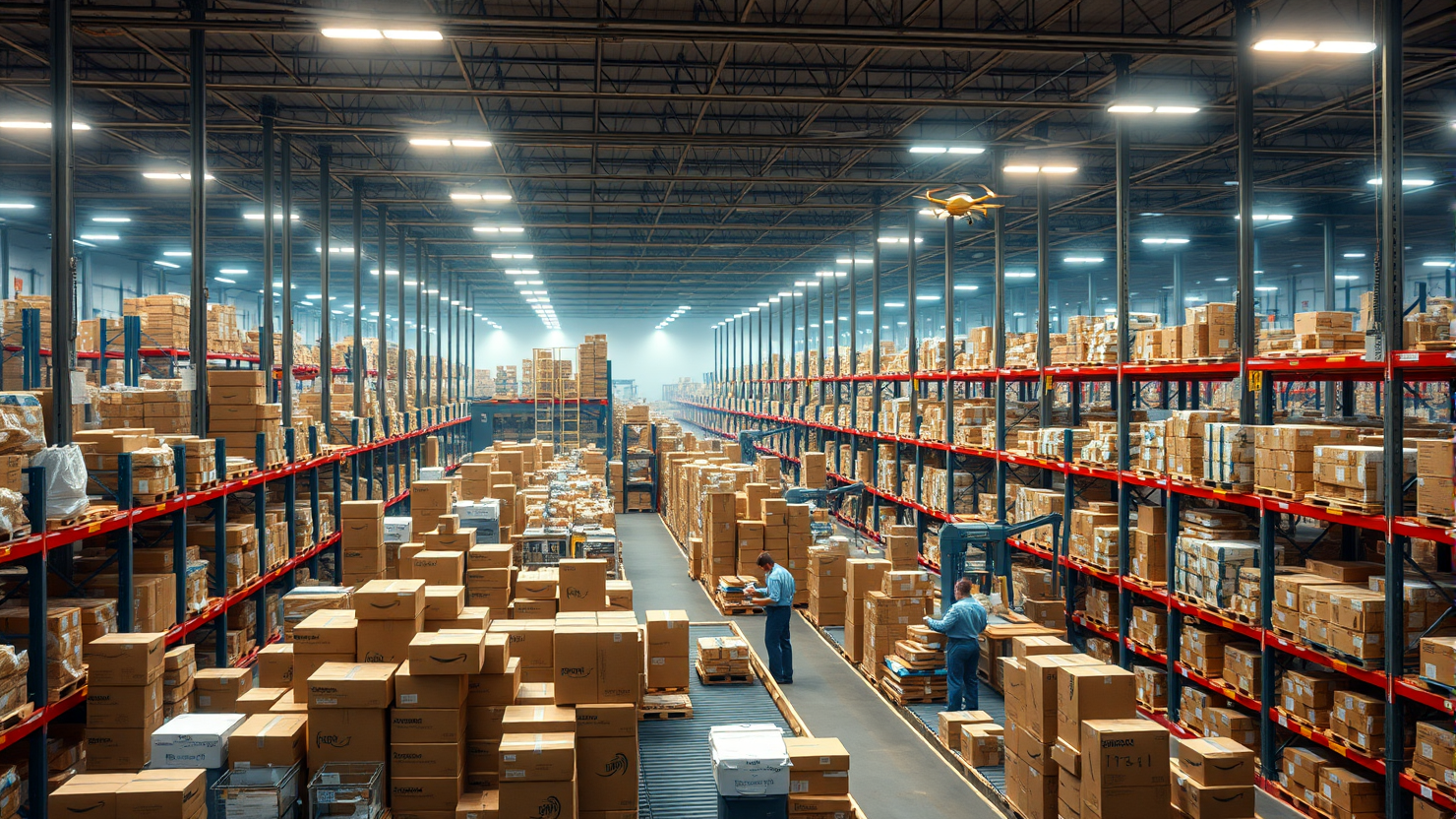Microsoft Makes Major Stride in Climate Action: Acquires Carbon Removal Services from Xprize Winner Vaulted Deep

Microsoft’s rapid expansion of data centers has resulted in a significant increase in carbon emissions since 2020, which contrasts with the company’s commitment made in that year to achieve carbon negativity by 2030. This development has necessitated Microsoft’s strategic investment in carbon-removal initiatives to mitigate its carbon footprint.
In a recent move, Microsoft has purchased 4.9 million metric tons of carbon removal credits from Vaulted Deep, a transaction that will extend over a period of twelve years until 2038. The specific financial details of the agreement have not been disclosed by either party.
Vaulted Deep operates on a reverse oil company model, specializing in the collection and sequestration of solid waste materials such as treated sewage, excess manure, and paper sludge. These materials are transformed into a slurry and then injected deep underground into porous rocks, a process facilitated by technology originally developed for oil and gas fracking. To date, Vaulted Deep has successfully removed over 18,000 metric tons of carbon dioxide from the atmosphere.
The company garnered recognition as a runner-up in the Xprize Carbon competition and secured a $32 million Series A funding round in November, led by Prelude Ventures.
Amidst this endeavor to maintain its carbon pledge, Microsoft finds itself confronted with challenges unique to the tech industry. While the company has made substantial investments in renewable energy sources, certain essential components, such as semiconductors, do not currently have zero-greenhouse-gas alternatives available.
Microsoft reported generating 14.9 million metric tons of greenhouse gas emissions in 2021, a figure it aims to reduce significantly by 2030 when it targets achieving negative carbon emissions. To meet this objective, Microsoft has been increasing its investments in carbon removal projects, including a 7 million metric ton reforestation initiative with Chestnut Carbon across 60,000 acres in the southeastern United States and a 3.7 million metric ton agreement with CO280 to capture carbon emissions from paper mill operations along the Gulf Coast.






